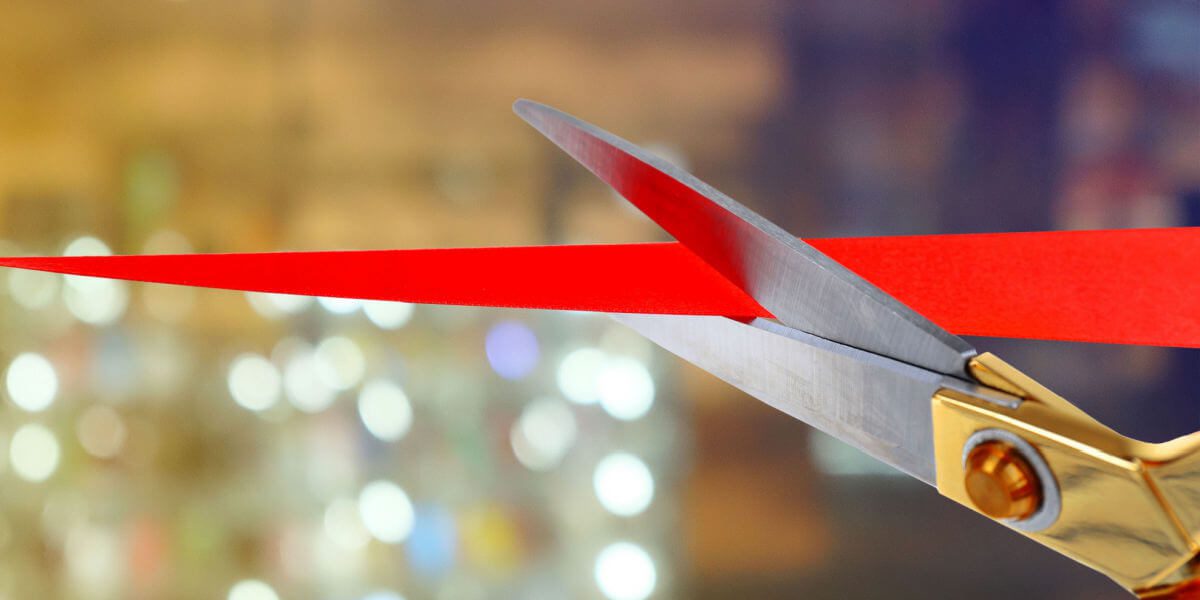
How to Monetize Your Work
“Monetize”: “earn revenue from (an asset, business, etc.)”
This is the key to all business: how do you make money from what you know to do?
90% of small businesses fail. It is evident from this statistic that many people are trying to monetize what they do best. All the promise of success, the hard work it takes to get there, the good fortune of external, out-of-your-control factors helping to move you forward all have to be in place. But the core of what you can do to monetize what you do best still has to follow a rigorous gauntlet of testing and questioning.
The key is to do what you are best at in a unique and reward-able way without letting your weaknesses break the magic. We’ll explain below…
Every person who wants to monetize their skills should answer the following questions about himself or herself.
QUESTION 1: WHAT ARE YOU GOOD AT?
No one wants to do what they are best at for free. If you are good at something, then you are worth your wage. And if someone puts value on it, then even better.
Ancient wisdom reminds us of this:
“The worker deserves his wages.”1
“Do you see a man skilled in his work? That man will work for kings. He won’t have to work for ordinary people.”2
The gifts and skills you have will find a way to present themselves. With that said, you still need to know exactly what you are good at.
How could you ever monetize something if you do not even know what you do best? Where are your core competencies? Where is it that you hit stride? What is the “sweet spot” of your work where your work is both a joy, your fulfillment, and your expertise combining to create a unique product or service?
With the advent of the internet, the applications for such monetization became nearly limitless.
And where you are best, that is the best place to start to monetize.
QUESTION 2: WHAT ARE YOU BAD AT?
Perhaps as important as knowing your strengths is understanding your limitations and weaknesses. The TV show, American Idol, too often showcased performers who had very little understanding of this. Commonly, a performer would try out for the show without knowing that he or she really did not sing well. Many a singer croaked instead of crooning, struggled instead of soaring, and slid into embarrassment instead of singing. And perhaps the worst of it? These poor people had no one to tell them otherwise, only finding out on national TV that they are not only not a good singer, but a horrid one!
It was painful to watch then. It is painful to watch in business as well.
Can you name where you are lacking? Can you say where there are deficiencies in your process and work? That is the second step, so you can avoid them or staff up to overcome them.
The principle is: why try to work on your weaknesses? Why not play to your strengths?
But, again, you have to know the difference between them. Someone who cannot tell either is shortsighted or simply blind to outside perspective.
QUESTION 3: WHAT DO YOU BRING TO THE TABLE THAT NO ONE ELSE CAN?
Even though you might be good at something, it does not equate to being capable of monetization.
Extraordinary at commonplace things: The heroic burger flipper.
You might be the best burger flipper mankind has ever known. But people are not willing to pay premiums to highly-skilled burger flippers. There is just so little variance between the best and the average. Paying an average flipper an average wage will do.
So the key is not just being good, but also being good at things no one else can.
QUESTION 4: WHERE CAN YOUR SKILL BE REWARDED?
Ok, the real key is not just being good and good at things no one else can, but being those things plus being good at something people want to reward you for.
Extraordinary at rare, non-marketable things: You can be the best person to ever play the game of horseshoe ever, but it does not mean you will be paid well for it. The best you could do is to win a horseshoe tournament for a pittance compared to the most average baseball player. And the greatest synchronized swimmer ever still needed to return to a regular job.
It is all about value. Why are stamps that we collect valuable? It is because someone else in the world thinks it is worthwhile to pay exorbitant fees for that rarity of a prototype stamp that no one else has.
Why are football players paid hundreds of times more than the lowly special needs teacher who deals with the most difficult children at a pittance of a salary? How do they contribute more (besides their very great charitable work) than this saintly educator who has devoted her life to helping the underprivileged? The answer is that our culture values (and pays) football players more. And it is evident by all the billions in advertising revenues, product sales, tickets, food, and halo effect they have. Is it unfair? Likely. Is it the way it is? Yes. Football players have found a marketable skill. The very best ones get the biggest reward. But—as an example—even the most average football player makes more than the best of the burger flippers because of the non-commonplace nature of their skill. It is easier to monetize that skill because people want it.
There it is: people drive the market. And what people want is the key. Value has always been driven by persons who want and work to get something. There is no value beyond what people want. Even gold and precious stones are highly prized by mankind for their rarity. In one science fiction novel, it was diamonds that fell from the sky as rain on one world, killing anything outside if you were not careful. (See The Long Rain, by Ray Bradbury.)
In the Treasure of the Sierra Madre, a Humphrey Bogart movie, the real price of gold is revealed: that it takes so much work and so many people to mine it out of mountains. The characters, gold prospectors, realize that what people are really paying for is the prospector to do the work. It is the desired value of the gold that is important. And, sadly, at the end of the movie, all the rich treasure they find, in terms of pounds and pounds of powdered gold, blows away in the wind without any pomp or circumstance. This is how the demand and desire of something determines its price.
CONCLUSION: BE THE BEST AT A UNIQUE AND TREASURED SKILL.
In both of the above examples the skill to be monetized was lacking something: uniqueness or “treasured-ness”.
Extraordinary at rare, marketable things: As an example, conversely, the difference between a highly-skilled MLB hitter versus an average one does not see like much–only a few tenths of percentage points—but it is truly the difference between quarter of a billion dollar contracts and a few million. If you are an extraordinary hitter, you can sign a massive, record-breaking contract for a decade while the average hitter can fumble forward making peanuts—in MLB contract speak.
Where do being good at something, that something being rare or unique, and that skill being rewarded conjoin? And how do you keep your weaknesses from ruining that conjunction? If you can answer this question, then you have found out how to monetize your work.
Here is the tip to get that question answered: Your monetization starts with being extraordinary, distinguishes itself through uniqueness and value, and finalizes in being marketable.
You don’t have to be a billionaire to be successful in business. You just have to do what you do best and market it well.
The point is that uniqueness and expertise have to be combined with desire and demand. Where do all of these conjoin? Then you will find a treasure of an opportunity.
Here at Constructable our our skill and unique proposition join together on the design build construction process: we take over the architectural design process, the procurement, and the project management to make the quickest and best project possible. From day 1 we begin the procurement process, contract with designers based on what you authorize, and move much more quickly than a typical construction project. We are not bogged down in bureaucracy or endless revisions and quotes for an architect. We can move all of these decision points forward in parallel as we manage the whole project. You, as a customer, simply get to enjoy the benefits of having an informed, empowered agent on the ground for every step of the way to get you what you want out of your project. In this way it becomes our mutual project with us doing the heavy lifting and you doing the approving in as much or as little as you want.
“Design build is a special process that combines the quickness of expert curation and the vitality of customer input while getting you what you need. It’s all the advantages and none of the disadvantage.” –Jared Hellums, Principal, Constructable
Check us out at constructable.pro. We’ll put our unique, valuable, and marketable skills to your use.
ACTION POINT: (With each article we will present one action point as a measurable takeaway for any owner or executive sponsor.)
Don’t compare your success with someone else’s.
Remember the demand, desire, and value portion from above? Success is not what others think of you, but what you have carved out for yourself.
The definition of success is not becoming the next Jeff Bezos, Bill Gates, or Mark Zuckerberg. Amazingly, you can define what success means to you simply by getting what you desire out of business and using your skills to monetize.
So quit chasing the Amazon and Microsoft dream. And pursue your own in a way that empowers and is generous to those around you. It will be much more satisfying.
1 1 Timothy 5:18 NIV
2 Proverbs 22:29 ICB
3 See The Long Rain, by Ray Bradbury to read the diamond rain story.




